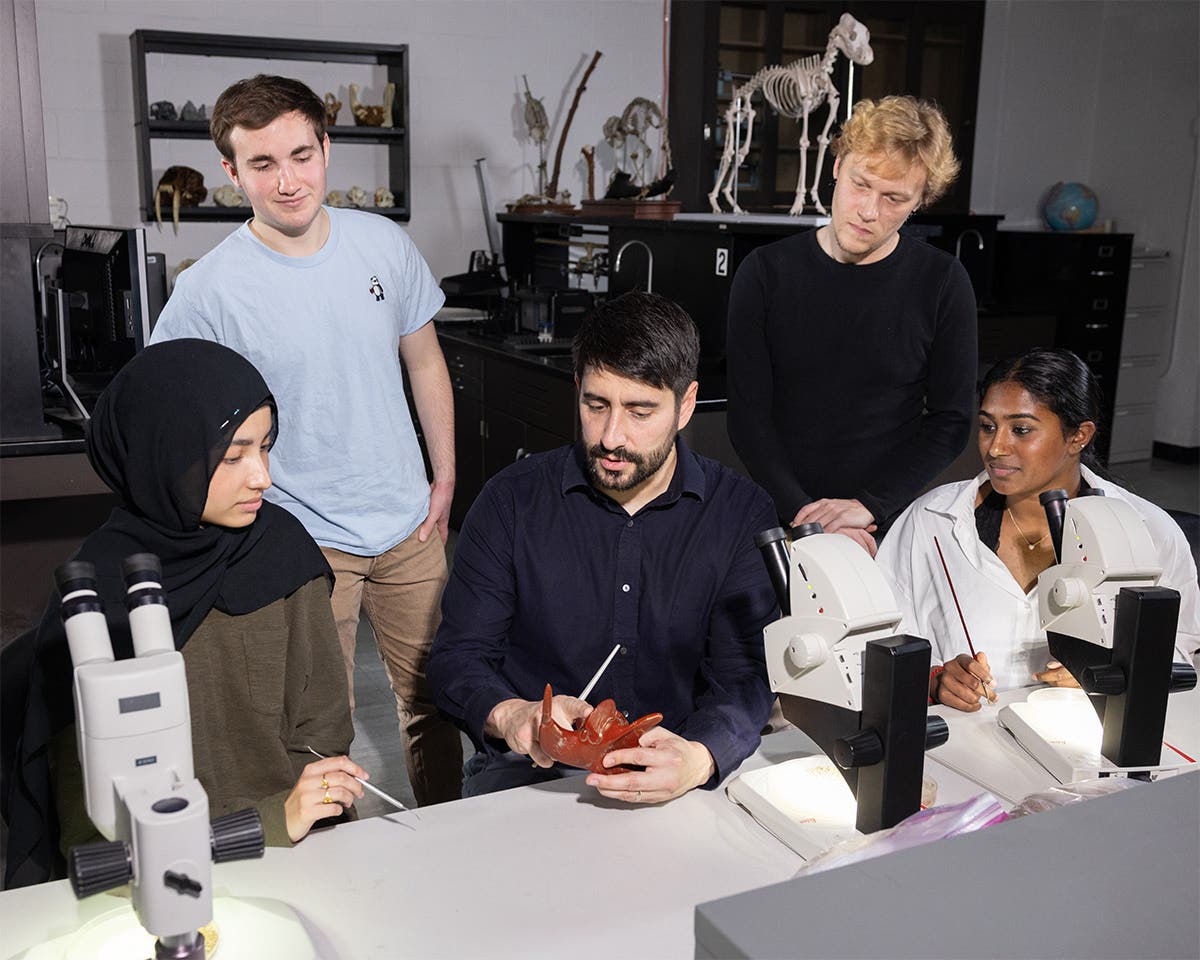Scientists share 3 proven ways to keep your brain sharp and healthy
The human brain is pretty amazing. It contains around 100 billion nerve cells working together to keep you nimble and quick in your thinking.

Three factors stand out if you want to keep your brain at its best. (CREDIT: Getty Images)
Your brain is an incredible organ, with around 100 billion nerve cells working together to keep you sharp and quick in your thinking. However, just like the rest of your body, your brain may not stay as vigorous as you age. You might find yourself writing things down more often, forgetting appointments, or struggling to follow a conversation or TV show without straining.
Fortunately, just as you can exercise your body to keep it in shape, you can also exercise your brain. According to Hermundur Sigmundsson, a professor at the Norwegian University of Science and Technology's (NTNU) Department of Psychology, the key to brain health lies in maintaining both the grey and white matter.
Grey matter consists of nerve cells, or neurons, and dendrites, while white matter comprises the myelinated axons that connect these cells and contribute to the speed and distribution of signals.
A recent article in the journal Brain Sciences provides a comprehensive overview of what research has shown about maintaining brain health. This theoretical perspective paper is thorough, citing 101 references that explore how to keep your grey and white matter in good shape.
Professor Sigmundsson emphasizes three main factors that stand out in promoting brain health: physical exercise, social interaction, and maintaining strong interests. These three elements are essential to keeping your brain at its best.
1. Physical Activity
Physical activity is perhaps the most significant challenge for many people. Just as your body can become lazy from too much sitting, the same can happen to your brain. An active lifestyle is crucial in developing the central nervous system and counteracting the brain's natural aging process.
Related Stories
It's important not to become sedentary. If you have a desk job, go to school, or spend much of your day sitting, you must make an effort to stay physically active. Regular movement and exercise are key to maintaining your brain's vitality.
2. Social Connections
While some people may prefer solitude or the company of a few close friends, it’s important to recognize the value of social interaction. Jean Paul Sartre’s famous phrase, "hell is other people," may resonate with some, but when it comes to brain health, interacting with others is crucial.
Engaging with people, whether through conversation or physical contact, supports brain function by contributing to complex biological processes that help prevent cognitive decline. Social relationships are a vital part of maintaining brain health.
3. Passion and Curiosity
The third key to brain health is passion—having a strong interest in something. This could be closely related to your personality, but if you’re eager to learn and grow, you likely already have this foundation.
Staying curious and open to new challenges is essential. Don’t let life become a monotonous routine. You’re never too old to try something new, like learning to play a musical instrument or picking up a new hobby. Passion and curiosity drive you to learn new things, which, in turn, helps develop and maintain your neural networks.
The Importance of Brain Exercise
The research by Sigmundsson and his colleagues, including master's student Benjamin H. Dybendal and associate professor Simone Grassini at the University of Stavanger, reinforces the idea that your brain is similar to your body—it needs regular exercise to stay healthy. The adage "use it or lose it" is particularly relevant when it comes to brain health.
Brain development is closely linked to your lifestyle. Engaging in physical exercise, maintaining relationships, and pursuing your passions all contribute to the development and maintenance of your brain's basic structures as you age. These three factors are crucial to maintaining a good quality of life and aging well.
Your brain's health is something you can actively work on, regardless of age. By staying physically active, nurturing social connections, and maintaining a passion for learning, you can help keep your brain sharp and healthy as you grow older.
Note: Materials provided above by The Brighter Side of News. Content may be edited for style and length.
Like these kind of feel good stories? Get The Brighter Side of News' newsletter.



